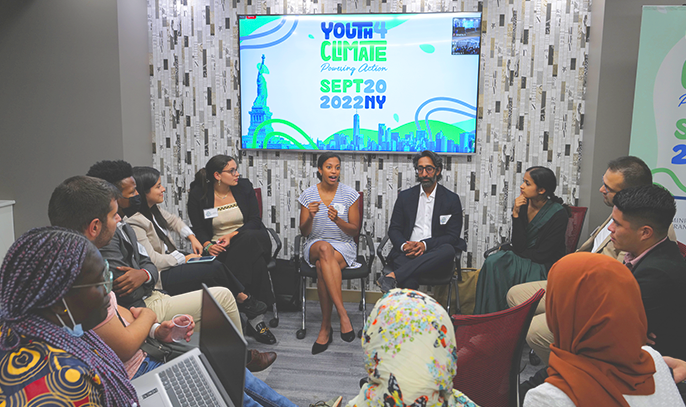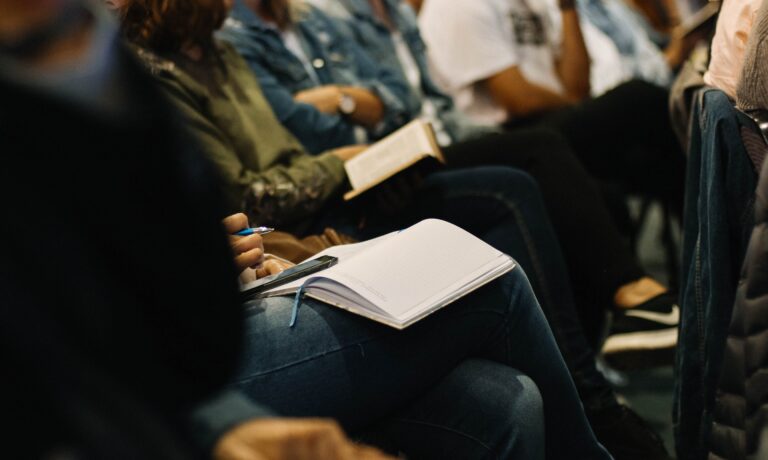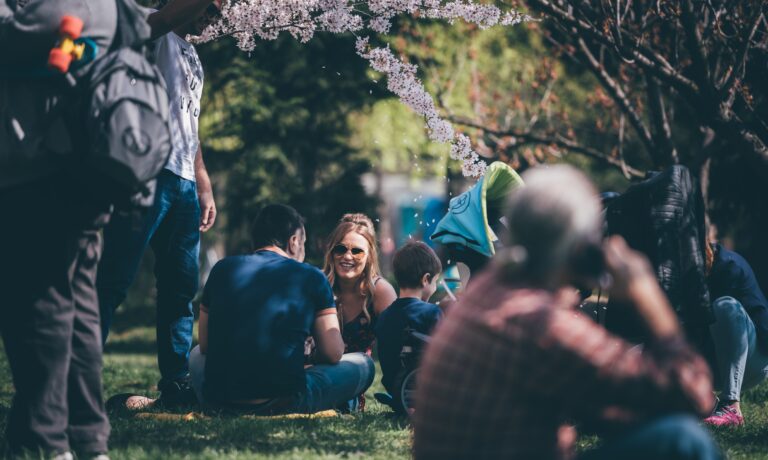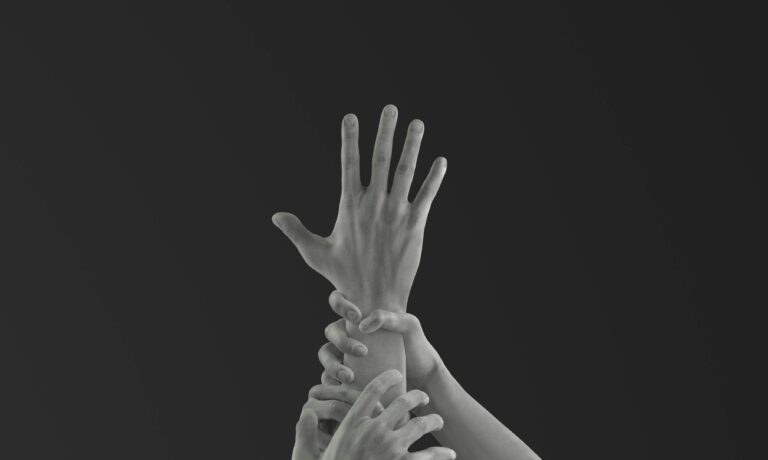“Spazi Comuni” — Community Matching
It is being implemented in Milan, Rome, Turin, Naples, Palermo — to continue the 2021-2022 experience — and in some new cities in 2023: Parma, Bologna, Florence, Ravenna, and Catania, for a total of 10 cities involved.
Starting date
3 September 2022Duration
16 monthsRealized by:
UNHCR ItalyObjectives
Supporting refugees in reaching autonomy and independence, improving their language skills and their cultural and social knowledge of their host country. This is done through community-matching activities gradually carried out in the selected areas and particularly focusing on the most vulnerable segments of the refugee population.
Getting the local community involved through voluntary work, strengthening social cohesion and improving citizens’ knowledge about refugees’ conditions and countries of origin. As a consequence, reducing xenophobia and racism.
Improving the refugees’ cultural and social knowledge of their host country. Supporting and developing their access to local welfare structures, national services and community resources.
Strengthening a global governance based on people, starting from the UN’s role and with a view to building a solid global network that leaves no one behind.
Integration prospects are still the main problem of the asylum system in Italy. The crucial aspect of inclusion is building meaningful personal and social relationships that enable refugees to actually become part of the community. Because of limited social networks, refugees encounter difficulties not only in accessing the job and housing market, but also in exercising their rights. Thus the idea of becoming active community members and protagonists of their own inclusion becomes illusory. Many cannot find a job or housing, aren’t able to navigate through bureaucracy to get the documents they need and end up leaving Italy or are at risk for marginalization and social exclusion. The increase in the number of refugees from Afghanistan last year and from Ukraine in 2022 further worsened this already dire situation.
The project aims at improving the space for integration for refugees in Italy through a community-matching program — i.e. pairing (and creating a relationship between) a refugee person and a volunteer who can guide the refugee in their path towards inclusion. Building mutual relationships, in which both refugees and Italians can find benefits, contributes to dismantling the idea that refugees are just needy people who have little to offer.
- Through the project, refugees are able to expand their social support networks — which are key for them to become independent — improve their cultural and social knowledge of their host country, access community resources, develop their language skills and therefore enjoy a more complete and sustainable integration process.
- Through everyday contact and experiences as volunteers alongside refugees, citizens can increase their knowledge of the refugees’ world and their countries of origin, better understand international protection, participate actively in refugees’ integration, and become awareness-raising agents in their communities.
Since 2015, community-matching programs have been launched all over Europe and have proven to be a good practice for an effective integration of refugees. Various national experiences unanimously recognize the crucial role of personal and social relationships: these are what turns an individual into a member of the community. This first experience in Italy started in 2021 thanks to the “Spazi Comuni”(Common spaces) project. It intends to be another step forward in terms of codifying and measuring impacts on both components, the refugees and the local community. By fostering relationships between refugees and local communities, the program aims at creating a favorable environment for integration, stimulating the participation of both refugees and the local community, thus strengthening social cohesion and combating racism and xenophobia.
Local entities participating in the project: Municipalities are fundamental project partners and are selected to implement community-matching activities based on meticulous criteria. The project is managed by UNHCR in collaboration with the NGO partners selected by the Agency: Refugees Welcome Italy Onlus and Centro Immigrazione Asilo Cooperazione Internazionale (CIAC). Their qualified staff and cultural mediators will be in charge of matching refugees and volunteers. The project also draws upon the resources of the “PartecipAzione” network, including associations founded and led by refugees and supported and promoted by the UNHCR, which also provides peer mentoring and supports the creation of social networks with host communities. The project is also coordinated with the other UNHCR interventions in Italy, such as Humanitarian Corridors, the Corridoi Universitari (University Corridors, UNI-CO-RE) project, the network of inclusive universities and the companies participating in the Welcome logo project.



